For decades, the scientific community has held a widely accepted theory about the origins of water on Earth: that it arrived via asteroid impacts on a dry, rocky planet. However, a groundbreaking study published in the journal Icarus challenges this long-standing belief by suggesting that early Earth may have been home to more hydrogen than previously thought. This revelation has profound implications for our understanding of the planet's evolution and the formation of water molecules.
The Enstatite Chondrite: A Window into Early Earth
The study, conducted by researchers from the University of Oxford, focused on a rare type of meteorite known as an enstatite chondrite. These meteorites, dating back to around 4.6 billion years ago, are believed to be similar in composition to the early Earth. By analyzing the hydrogen content within these ancient space rocks, the researchers aimed to uncover clues about the conditions that existed during the planet's formation.
Lead study author Tom Barrett, a doctoral student in the department of Earth sciences at the University of Oxford, explained the significance of their findings: "We assumed that Earth has water today because of quite a lucky scenario where it had been hit by these asteroids. But what we’ve demonstrated in this study is that actually the material which formed Earth in the first instance actually did contain a lot of hydrogen and oxygen."
The Role of Hydrogen in Water Formation
The researchers discovered that the majority of the hydrogen contained within the enstatite chondrite was intrinsic, rather than being present due to contamination. This suggests that early Earth would have had sufficient hydrogen to form water molecules, challenging the notion that hydrogen arrived solely through asteroid impacts.
The detection of hydrogen in the meteorite was made possible through a technique known as X-ray Absorption Near Edge Structure (XANES) spectroscopy. This advanced method, which requires a particle accelerator, allowed the researchers to measure hydrogen at extremely low concentrations. Barrett highlighted the complexity of the process: "This is like an enormous, really expensive facility, which we’ve been very fortunate to have used for this study. But it’s not exactly the kind of experiment that you can do in the garage."
Implications for Planetary Evolution
The study's findings have far-reaching implications for our understanding of early Earth. If the planet was already rich in hydrogen and oxygen, it suggests that water could have been present from the very beginning of its formation. This challenges the widely held belief that Earth was initially a dry, rocky body that only became habitable through the delivery of water via asteroids.
However, Barrett emphasized that the presence of hydrogen does not necessarily mean that life would have evolved sooner. The habitability of a planet may depend more on its evolutionary processes than on the materials from which it was formed. "The discovery of hydrogen in this meteorite means that Earth potentially could have been hydrated or wet from its initial formation," Barrett said. "But whether life would have necessarily evolved sooner is another question."
The Role of Asteroids and Comets
The study does not completely rule out the role of asteroid and comet impacts in delivering water to Earth. Instead, it suggests that these external sources may have contributed a smaller proportion of the total hydrogen found on the planet. Study coauthor James Bryson, an associate professor in the department of Earth sciences at the University of Oxford, explained: "We now think that the material that built our planet was far richer in hydrogen than we thought previously. This finding supports the idea that the formation of water on Earth was a natural process, rather than a fluke of hydrated asteroids bombarding our planet after it formed."
Future Research and Controversy
Barrett plans to analyze more meteorites to determine the exact amount of hydrogen present on early Earth and the extent to which external sources contributed. This research could provide further insights into the processes that shaped our planet.
However, not all scientists are convinced by the study's conclusions. Matt Genge, a planetary scientist at Imperial College London, argued that while the study presents an "interesting result," the evidence is not sufficient to overturn the longstanding theory of water's origins. He pointed out that the meteorite in question had likely been on Earth for hundreds of thousands of years, raising the possibility that the hydrogen could have formed during that time.
Bryson acknowledged Genge's concerns but maintained confidence in the study's results. "We believe we have taken every effort we can in our analysis workflow to mitigate the impact of terrestrial water on our results," he said. "We do think that some of the total amount of hydrogen in the meteorite is due to Earth’s water (maybe about 15%), but we also think that some hydrogen was still delivered from asteroids and comets. However, we now think this is a small proportion of the total hydrogen found throughout our planet."
The study of the enstatite chondrite meteorite has opened new avenues of research into the origins of water on Earth. By suggesting that early Earth was already rich in hydrogen, the findings challenge long-held beliefs and offer a new perspective on the planet's evolution. While the debate continues, the discovery underscores the importance of continued exploration and analysis of meteorites to unlock the secrets of our planet's past.
As scientists delve deeper into the mysteries of early Earth, the role of hydrogen and its contribution to the formation of water remain at the forefront of planetary research. Whether through intrinsic processes or external impacts, the journey to understand how our planet became habitable continues to captivate and inspire.
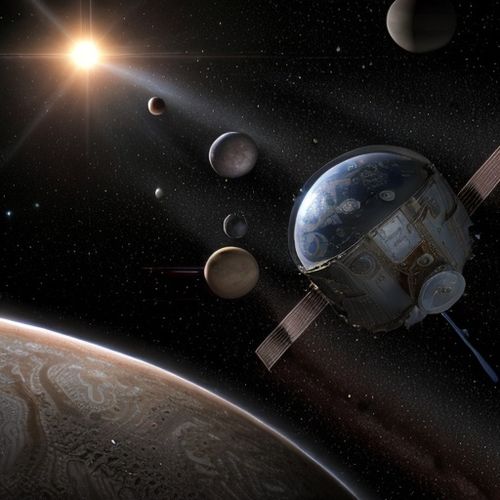
By Sophia Lewis/May 6, 2025

By Olivia Reed/May 6, 2025
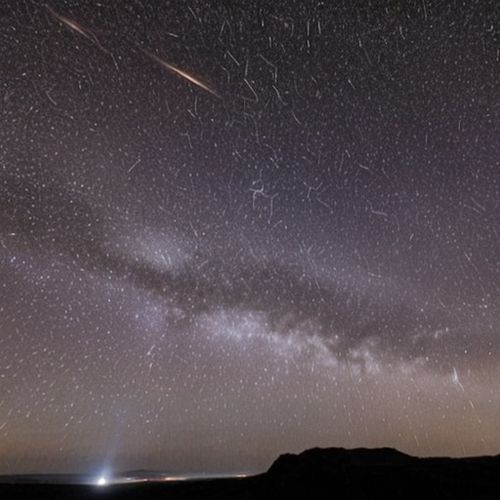
By William Miller/May 6, 2025
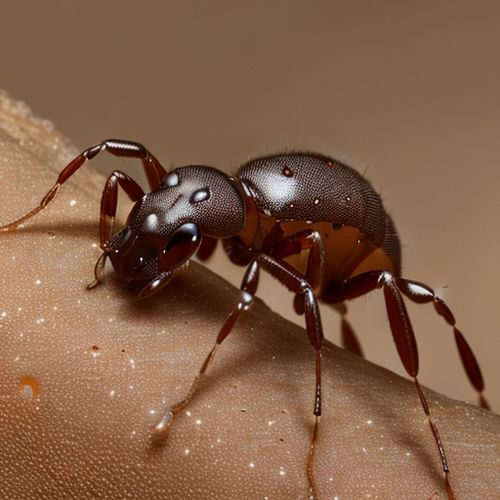
By Eric Ward/May 6, 2025

By John Smith/May 6, 2025

By Rebecca Stewart/May 6, 2025
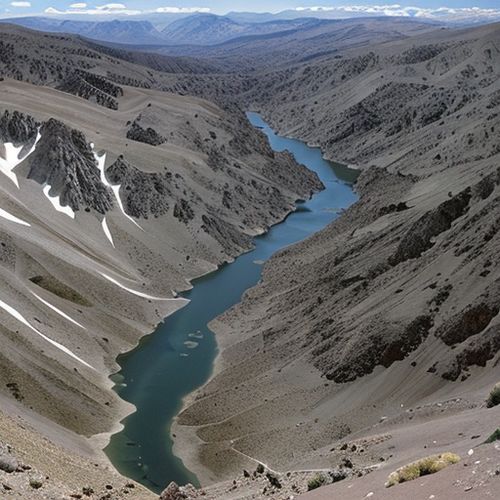
By Benjamin Evans/May 6, 2025
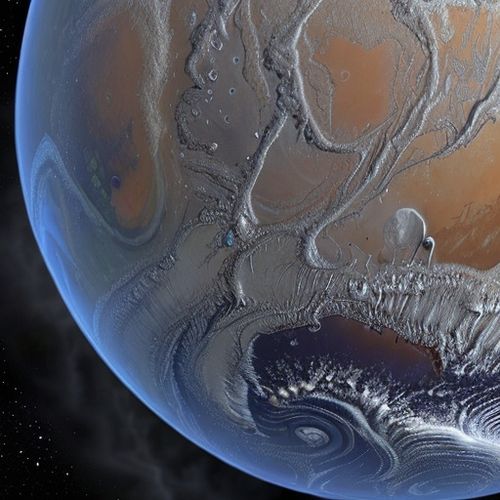
By Eric Ward/May 6, 2025
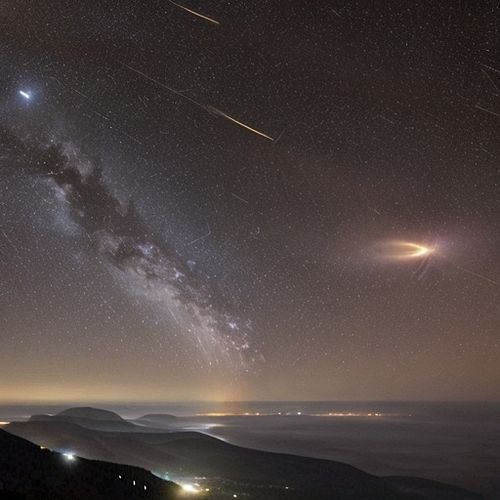
By Eric Ward/May 6, 2025
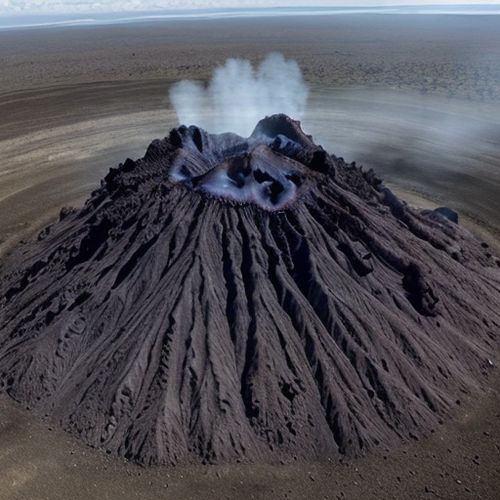
By Daniel Scott/May 6, 2025

By Benjamin Evans/May 6, 2025
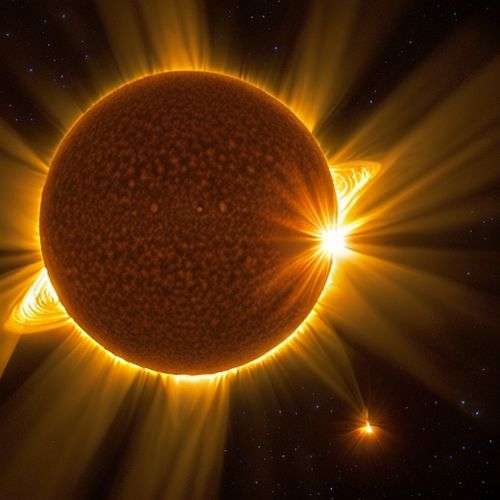
By Elizabeth Taylor/May 6, 2025

By James Moore/May 6, 2025
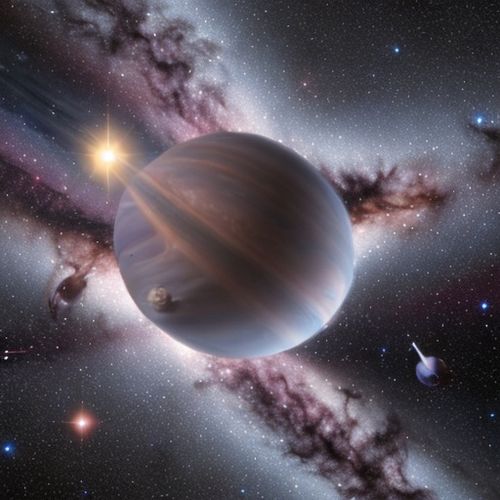
By Victoria Gonzalez/May 6, 2025

By Sophia Lewis/May 6, 2025

By Laura Wilson/May 6, 2025

By Olivia Reed/May 6, 2025

By David Anderson/May 6, 2025

By Olivia Reed/May 6, 2025
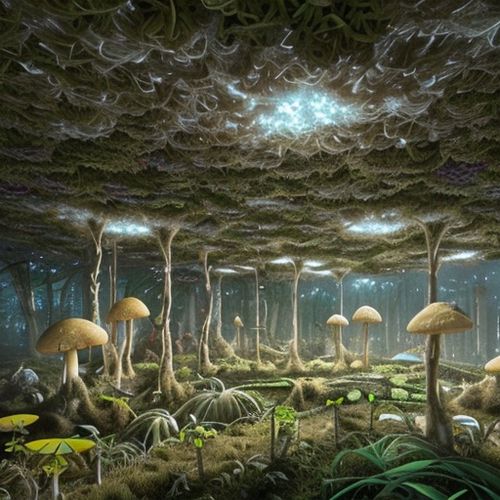
By Sophia Lewis/May 6, 2025